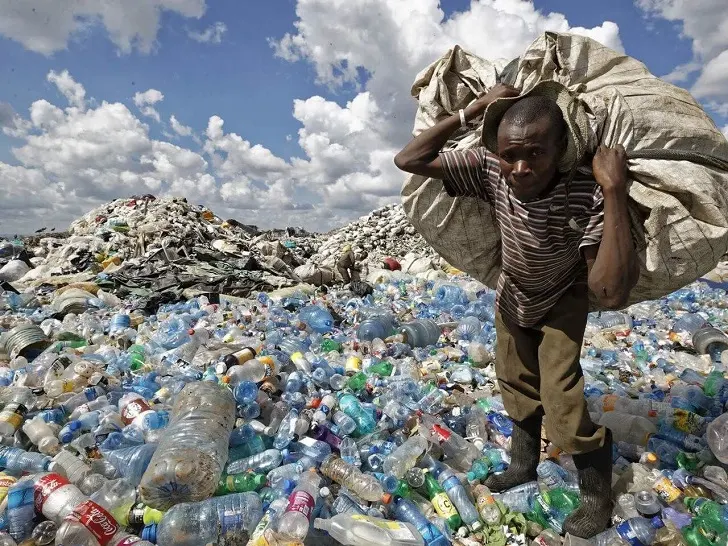Over the past decades, mankind has witnessed many innovations amongst them is the plastics we know and use today in our daily life. These plastics are found in every household, every country either developed or developing, and are independent of our economic situation. But there is a darker side to these commodities. The most significant is; they are adding to the pollution we as humans are creating in this clean world, as it was once known.
The world’s annual consumption of plastic materials has increased from around 5 million tons; in the 1950s to nearly 100 million tons; thus, 20 times more plastic is produced today than 50 years ago. This implies that on one hand, more resources are being used to meet the increased demand for plastic, and on the other hand, more plastic waste is being generated. Even the cities with low economic growth have started producing more plastic waste due to plastic packaging, plastic shopping bags, polyethylene terephthalate (PET bottles), and other goods/appliances using plastic as the major component. On the other hand, plastic waste recycling can provide an opportunity to collect and dispose of plastic waste in the most environmentally friendly way and it can be converted into a resource. In most situations, plastic waste recycling could also be economically viable, as it generates resources, which are in high demand. These resources are very important for most of the national and local governments, where rapid industrialization and economic development is putting a lot of pressure on natural resources. My research is based on the principle of reduce, reuse and recycle.
